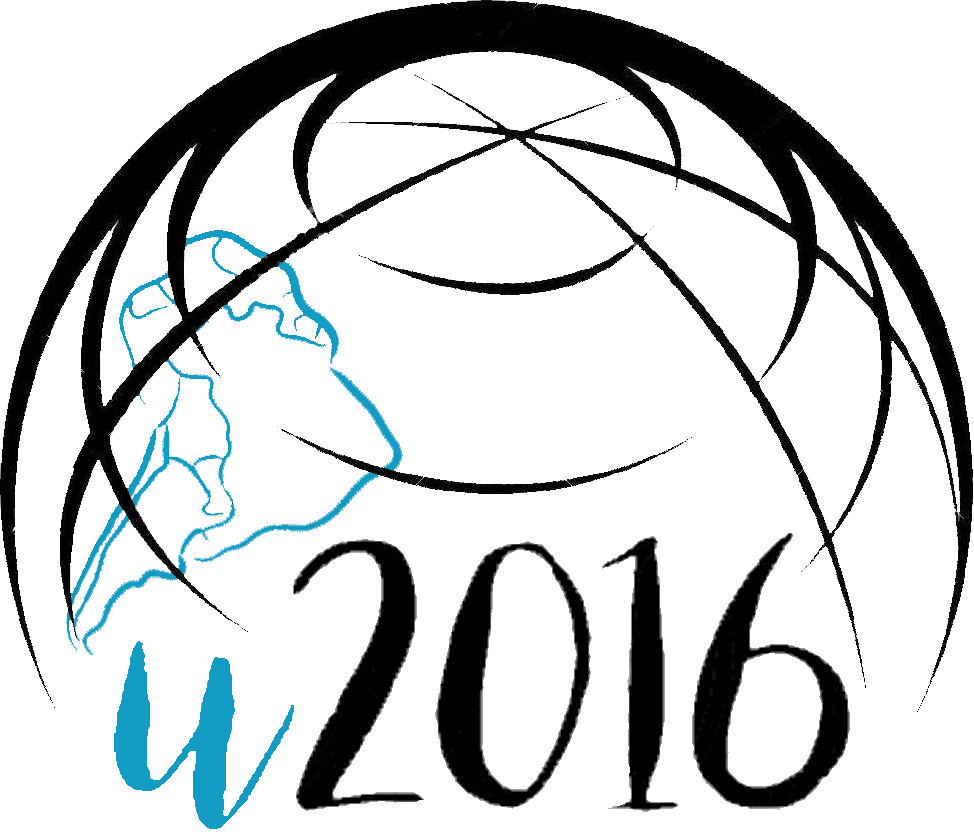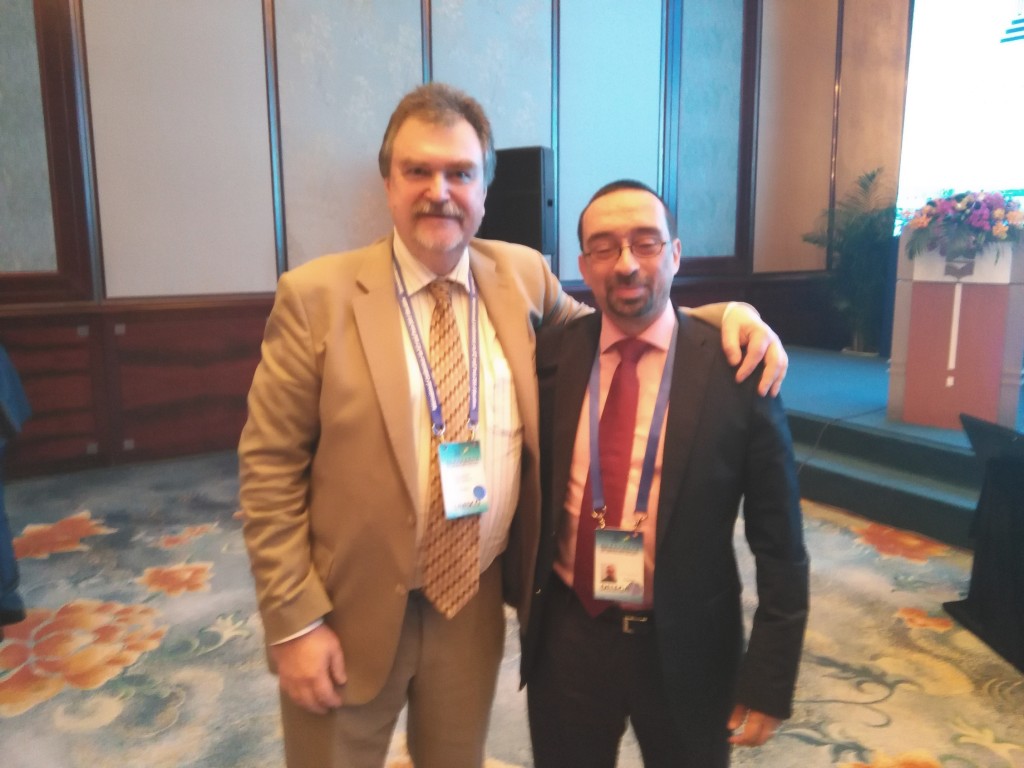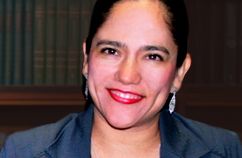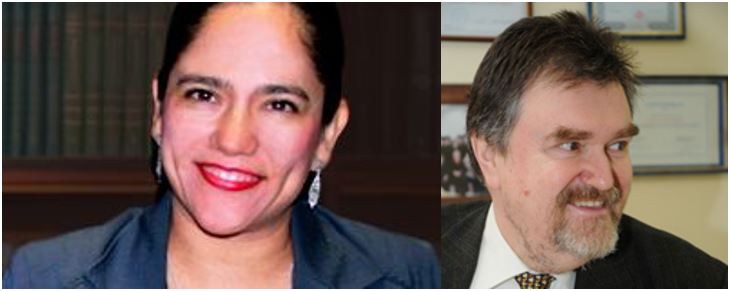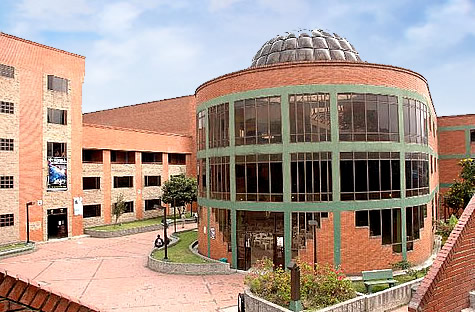About UNESCO Institute for Information Technologies in Education (UNESCO IITE)
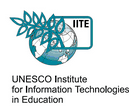
The UNESCO Institute for Information Technologies in Education (UNESCO IITE) shall contribute to the design and implementation of the programmes of the Organization in regard to application of information and communication technologies in education. Hence, IITE serves a specific purpose within the fields of competence of UNESCO. It is principally programme-driven, responds to both global and country needs, is a part of an operational network of UNESCO structures and supports the achievement of the strategic objectives of the Medium-Term Strategy as well as the programme priorities of UNESCO, as approved by the General Conference.
IITE’s mission is to serve as a centre of excellence and provider of technical support and expertise in the area of ICT usage in education.
More information at: http://iite.unesco.org
About UNIR Research
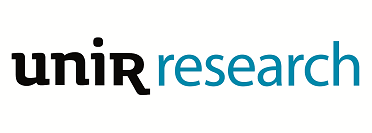
UNIR Research – The Research and Technology Department at Universidad Internacional de La Rioja (UNIR) – designs, implements and evaluates research strategies at the university. UNIR Research encourage researchers and professors to contribute effectively to research activities at UNIR, by participating in research groups, in national and European Research Projects, as well as in a wide range of calls and initiatives related to research and to the technological aspect of the institution.
UNIR research integrates and directs research activities at UNIR in line with the main academic fields of the university (Technology, Education, Communication and Social Sciences, amongst others).
Moreover, UNIR Research promotes research agreements with national and international institutions from all over the world, (mostly from Spain, Europe and Latin America). UNIR Research also represents the university at international congresses, in international organisms and Executive Boards.
More information at: //research.unir.net
About UNESCO
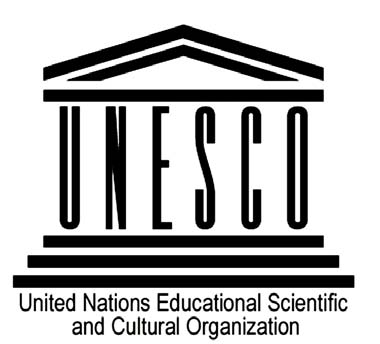
In 1945, United Nations Educational, Scientific and Cultural Organization (UNESCO) was created in order to respond to the firm belief of nations, forged by two world wars in less than a generation, that political and economic agreements are not enough to build a lasting peace. Peace must be established on the basis of humanity’s moral and intellectual solidarity.
UNESCO strives to build networks among nations that enable this kind of solidarity, by:
- Mobilizing for education: so that every child, boy or girl, has access to quality education as a fundamental human right and as a prerequisite for human development.
- Building intercultural understanding: through protection of heritage and support for cultural diversity. UNESCO created the idea of World Heritage to protect sites of outstanding universal value.
- Pursuing scientific cooperation: such as early warning systems for tsunamis or trans-boundary water management agreements, to strengthen ties between nations and societies.
- Protecting freedom of expression: an essential condition for democracy, development and human dignity.
More information at: http://en.unesco.org
About Universidad Internacional de La Rioja (UNIR)
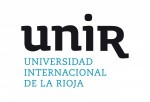
Universidad Internacional de La Rioja (UNIR, www.unir.net, Spain) is a young 100% online university founded on a global vision of education directly linked to the market and the Society. UNIR facilitates an exclusive, innovative and high quality virtual model of higher education, which leans on a personalized, pro-active, and collaborative distance learning method of instruction.
UNIR is an academic institution established in compliance with the current regulations governing universities, fulfilling all parameters and regulations of the European Higher Education Area (EHEA).
UNIR provides international courses, in English and Spanish, and comprises an academic community of over 1.000 highly knowledgeable lecturers across the World, along with a strong team of more than 500 multidisciplinary staff members (including 150 tutors), working on R&D projects and support services (i.e. tutoring, legal, publishing, editing, technical, administrative, et cetera). Student number keeps increasing exponentially: over 26.000 in 2015. UNIR has premises in Spain (Logroño and Madrid), Colombia (Bogota), Argentina (Buenos Aires), Bolivia (Santa Cruz), and Mexico DF (Mexico), along with a number of collaboration agreements with Latin American and European universities, mainly. Furthermore, UNIR works hard to remove barriers, and to eliminate distance for learners with different profiles so that they can study at anytime and anywhere.
More information at: http://www.unir.net
About Universidad Distrital “Francisco José de Caldas”
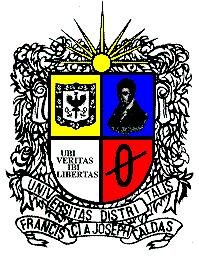
Universidad Distrital “Francisco José de Caldas” is a public institution of Bogotá, Colombia, is the Public University of the Special Capital District, with more that 30.000 students distributed in 5 faculties (Engineering, Environment and natural resources, Sciences and Educations, Arts and Faculty Technology).
The Universidad Distrital Francisco José de Caldas is the second most important public higher education institution in the city, after the National University of Colombia, It was founded in 1948, by Priest Daniel de Caicedo, who would become its first rector, with the support of the Bogotá City Council, as the Municipal University of Bogotá. It changed its name to the current in 1957 when the municipality of Bogotá became a district. Its establishment was officialized by the 1970 decree No. 1030, issued by the national government. The university offers 70 programs at undergraduate and postgraduate levels, including 13 master and 3 doctorates.
Más información en: https://www.udistrital.edu.co/
About Universidad Cooperativa de Colombia
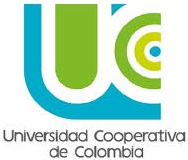
The history of Universidad Cooperativa de Colombia started in 1958 when a group of coperativists led by the brothers Henry and Rymel Serrano Uribe and Mr. Carlos Uribe Garzón decided to work on the development of solidarity economy, particularly on the cooperative movement, based on the instruction of adults on this doctrine. This is why; it was created the Moses Michael Coady Institute on behalf of the cooperative priest who was one of the pioneers of cooperative education in his country.
The Universidad Cooperativa de Colombia continues to move forward to excellence and the institutional accreditation, strengthening its relations in the country and worldwide, providing the physical and technological infrastructure, innovating in the teaching and learning processes, in order to fulfill the instructional needs from people in the different parts of the country where the University has its presence. We are committed with the idea of building a better country for all; we are “One university for a whole country”.
Más información en: http://www.ucc.edu.co/Paginas/inicio.aspx

